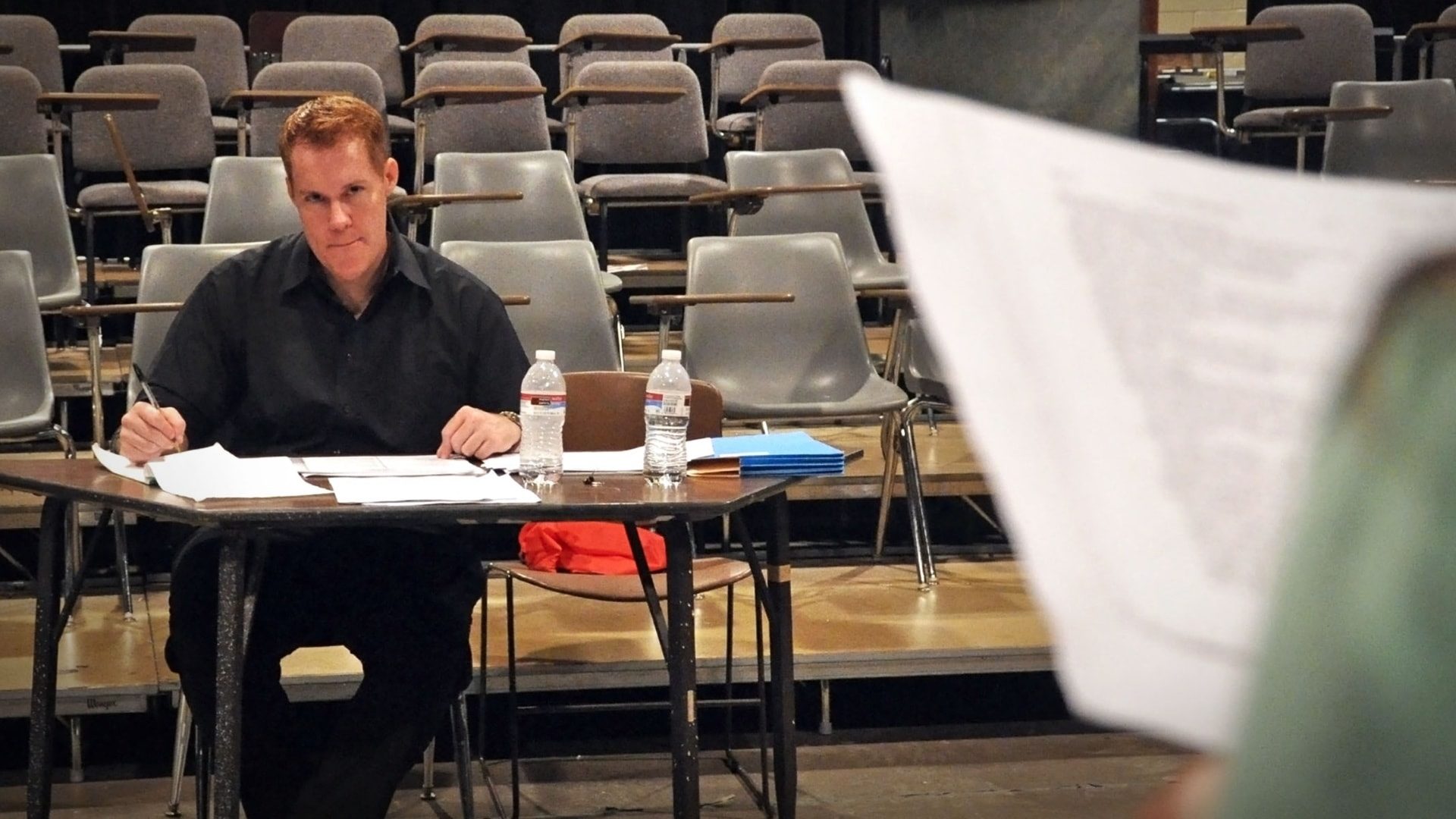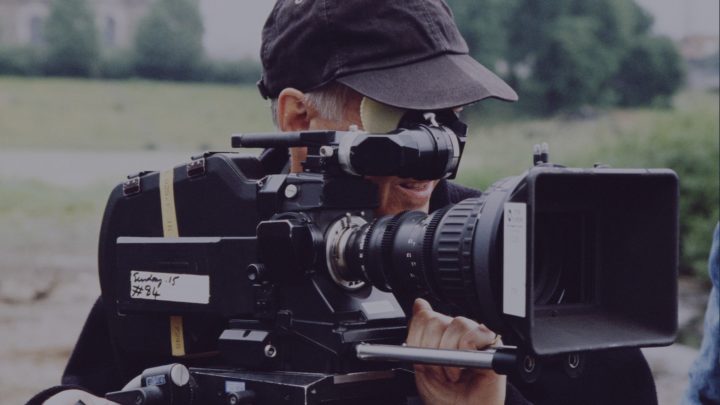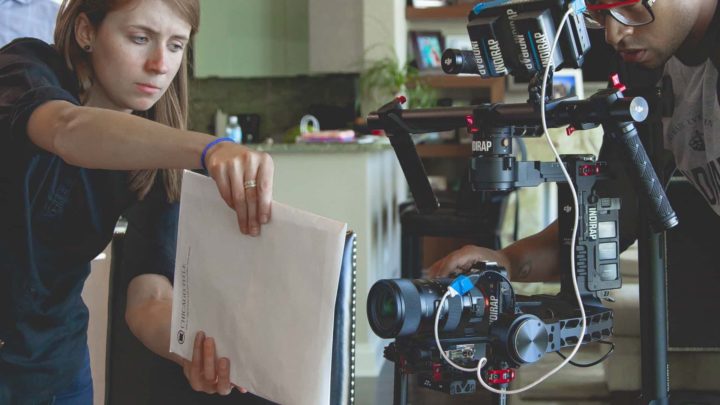What usually separates a student film from professional production is the actors aren’t paid in pizza. Making a career in film in television, you can’t rely on friends of friends, you have to have a great casting director.
But what do they do? And what separates a great casting director from the rest?
If you want to learn how to become a casting director, or just curious how much a casting director makes, we’re covering everything you need to break into casting.
SO...What does a casting director do?
On smaller productions, it’s primarily the responsibility of the director and producer to cast the film. Sure, they might outsource the extras casting to a company like Central Casting, but the main parts?
The director and producer will take care of that themselves.
The more a production scales up, however, the larger the demands on the director’s and producer’s attention grow. That’s where the casting agent comes in.
Eventually, though, you’ll want to move on to greater things. If you find you aren’t growing at your current casting company, it might be time to branch out and go solo.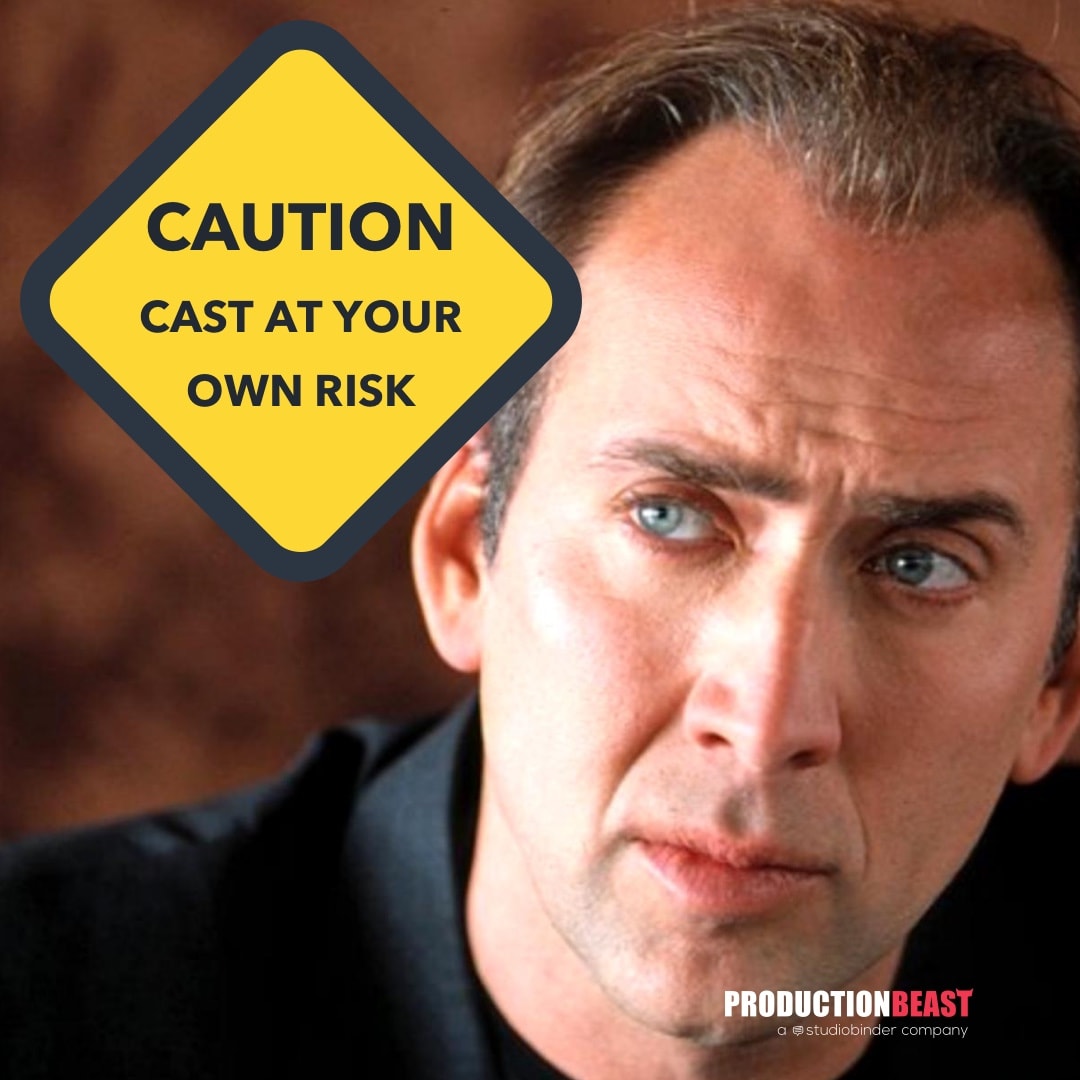
What are the key casting director responsibilities?
The casting director’s job starts in pre-production. After reading the script, they’ll work with the line producer to get an idea of what their budget is, as well as what their casting needs are based on the script.
1. Finding Actors
After that, they’ll meet with the producer and director to get a broader idea of what the director envisions for each character.
Some directors provide a lot of direction, others are so busy they can’t give more than “I’ll know it when I see it.”
Whatever the amount of direction, the casting director is now the point person for all casting needs. This includes contacting extras casting companies in other states or countries for on-location shoots.
For speaking roles, they’ll start by taking the script breakdown (possibly doing their own with tools like Studio Binder) and using those to make casting breakdowns.
Casting breakdowns are short descriptions of the character. They include basic physical specifications (age, gender, height, etc), necessary skills (must be able to sing, must know martial arts), and a short hook on who the character is to attract an actor’s attention.
The casting director will then put those descriptions on to one of the breakdown services like Breakdown Express or reach out to any agencies or agents they have connections with.
From the headshots and auditions tapes sent in, the casting directors will select a first round of candidates and stage an audition.
2. Staging Auditions
The casting director is responsible for all the logistics of staging auditions. This starts with producing “audition sides”--the script actors will be reading to audition for the role.
These are generally slices of the original script, although large studios are increasingly using false sides these days to protect the secrecy of their projects...J.J. Abrams...
Larger casting companies might have their own space -- as will major studio projects. Independent casting directors will have to scout, schedule, and rent audition space.
The first round of auditions are frequently just the casting director and a few casting assistants. From the first round, they’ll make notes, select their favorites, and schedule callbacks for actors they think are worth showing the director or showrunner.
You can find tips on auditions, as well as several free templates, here.
3. Advocating for the Talent
Aside from managing breakdown services, one of the most important aspects of what a casting director does is keep everyone safe.
Ever since the dawn of Hollywood, there have been predatory elements looking to take advantage young actors and actresses with stars in their eyes.
A good casting director keeps the audition process professional and never allows actors into a situation that can turn bad.On the reverse, a good casting director will also run “background checks” on potential talent reluctant to disclose potential problems.
The casting department acts, in a sense, like a pre-production HR Department, keeping everything safe and keeping your production above board.
Casting Directors vs. Casting Agents
There’s a great deal of confusion regarding the difference between casting directors and “casting agents.”
Technically speaking, there’s no such thing as a casting agent. Agents who represent actors are known as “talent agents” (as opposed to literary or below-the-line agents).
A talent agent represents actors and tries to get them jobs. A casting director represents a film, television show, or other projects, and hires actors for jobs.
A talent agent, for example, will never work with extras. A casting director might, as part of their larger duties, engage the services of a extras casting agency local to the shoot.
Part of the confusion comes from the fact that there can be some overlap between their jobs in the casting process.
Even with breakdown services like Breakdown Express acting as mediator, the boundary around who does what can be fuzzy. Depending on the relationship between the casting director and the agent, different parts of the process might be managed by different people.
This is particularly true between casting assistants and the assistants of talent agents. In the murky underground world of Hollywood assistants, it’s not uncommon for duties to be passed back and forth in a big market of favors.
This is one of the reasons it always pays to befriend the assistants, by the way.
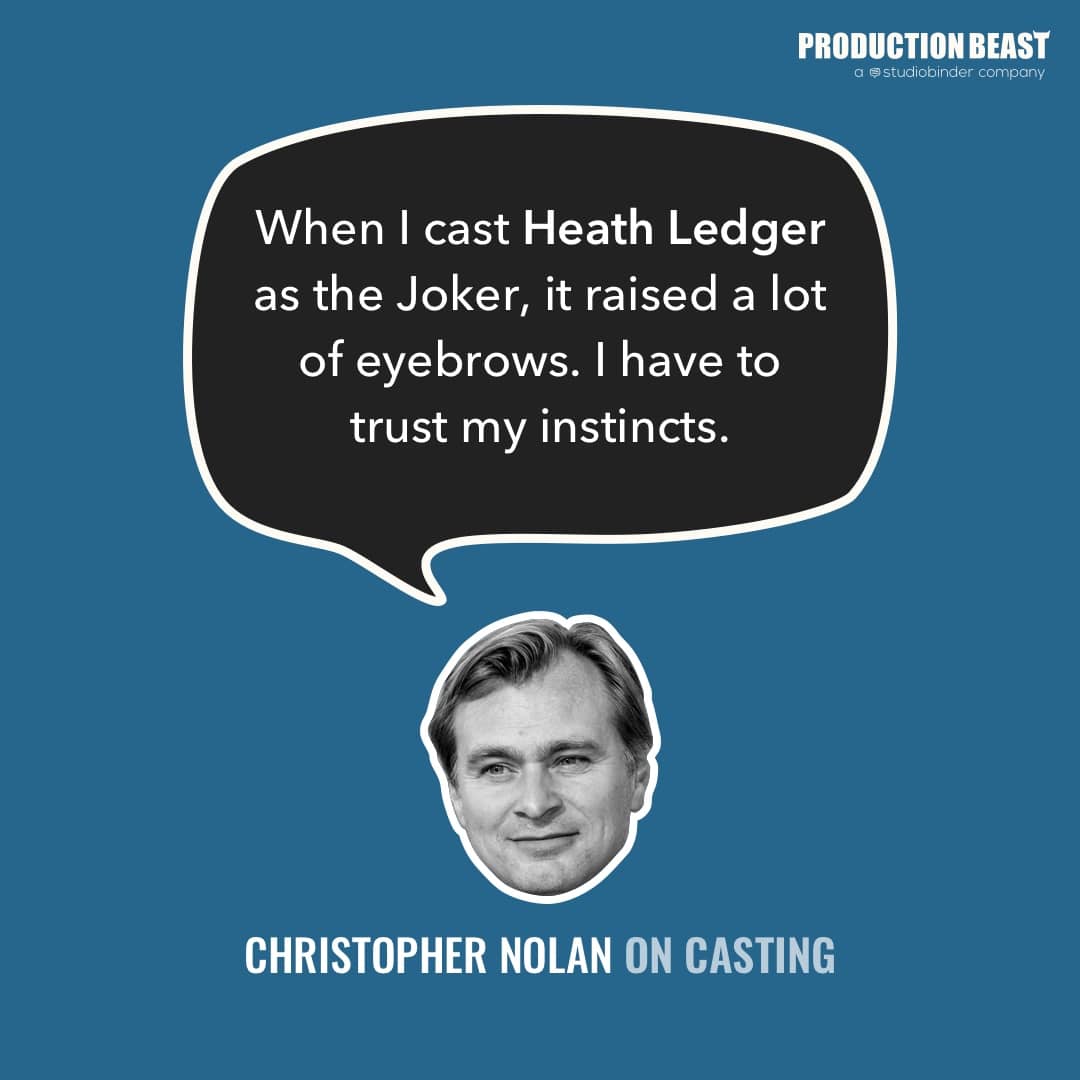
How to Break Into Casting
Casting directors and their associates have a diverse skillset. There’s a great deal of logistical work that goes into the casting process -- arranging space, scheduling time, even managing budgets.
However, they’re also in charge of some of the most important artistic decisions for the project. And that means they have to share the director’s artistic vision.
1. Understand the Craft of Acting
Above all else, casting directors, casting associates, and casting assistants, must have a throughout understanding of what makes a good actor.
And more importantly, what makes a person right for the part.
It’s not as simple a matter as matching someone up to the casting breakdown physically. If that were the case, directors wouldn’t need anything more than a paid subscription to Breakdown Express or an extras casting company.
Great casting directors consider how this actor embodies the director’s vision for the character.
Many great performances have been born from ignoring the physical type. As written in the Stephen King short story, “Red” was a ginger-haired Irish-American.
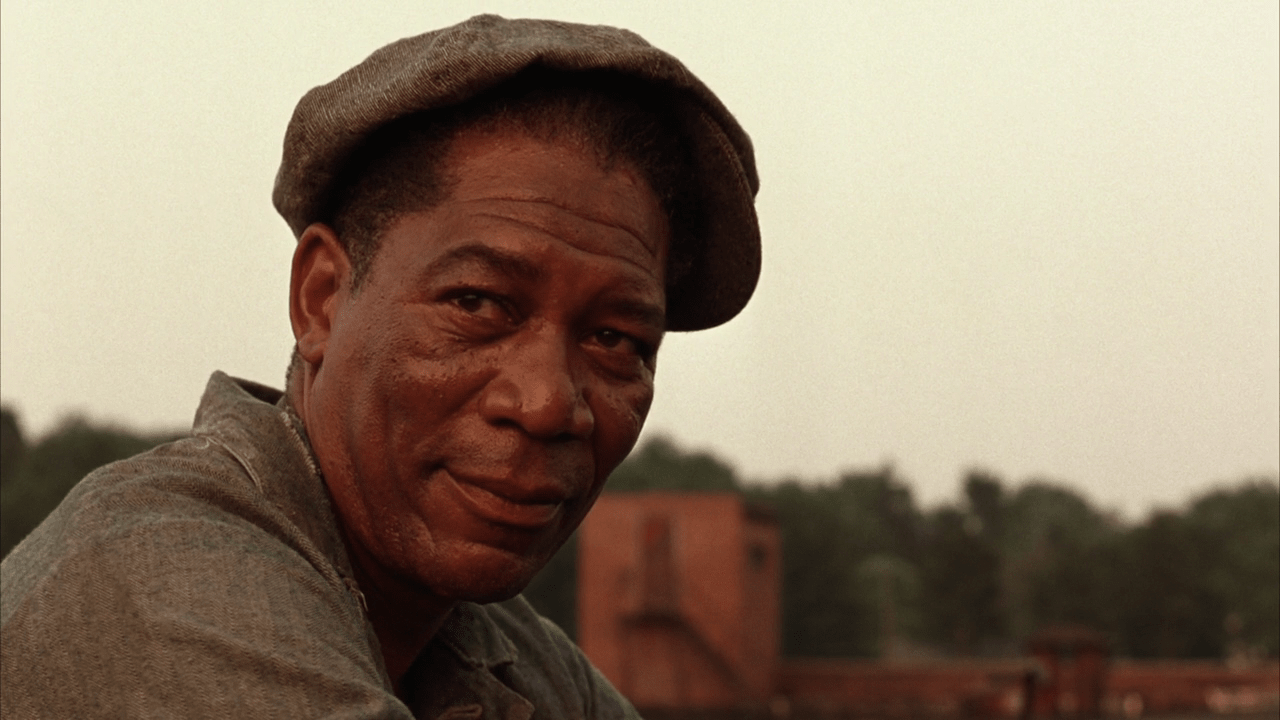
Face it, The Shawshank Redemption (1994) improved on the source material.
This is especially true when working with directors who don’t give much direction. It will be on you to determine the direction. Don’t think of it as the director passing the buck.Think of it as him trusting you to find the truth of the character.
Many casting directors have undergraduate degrees in theater, film, or media studies. However, you should never stop learning -- take classes, read books, but above all, watch movies and television.
Pay attention to what your favorite stars do in their roles. It’s not enough to know that Tom Hanks is great -- you have to be able to articulate why he’s great.
2. Develop a Good Memory
Outside of cab drivers, casting directors have the best memories in all of New York and Los Angeles.
They have to -- a major part of their job is remembering every person they’ve worked with before, every audition they’ve seen.
A good casting director should be able to remember a failed audition from two months ago and know immediately that actor is perfect for this part.
Breakdown services (like Breakdown Express), extras casting companies, and agencies all help casting directors find new talent, while casting assistants and casting associates help act a kind of “external memory”.
While a casting director is unlikely to literally remember every audition they’ve seen off the top of their head, they should be able to glance at a headshot and recall that person’s last audition and the notes they wrote.
Of course, all the memory is useless without people to fill it with.
3. Build Your Connections
Casting is not a job for introverts, since casting directors are also some of the most well connected people in all of Hollywood.
They have the numbers of individual actors, connections at talent agencies, and write Christmas cards for people in extras casting companies from Atlanta to Japan.
You can start with friends you’ve made at school, but the best way to build your connections is to dive head first into the business.
While you can always find work as a PA to get your foot in the door, you should particularly look for anything that gets you in touch with actors. Ideally this would be working as a casting assistant, but talent agencies and extras casting companies work as well.
You could even find work writing coverage or working for one of the breakdown services. While working for Breakdown Express won’t necessarily put you in contact with actors, you would gain valuable experience reading and understanding scripts.
Be friendly, be good at what you do, and keep in touch with everyone you meet. They might not be important now, but the person you met as a reader at one of the breakdown services might be running the company a few years from now.
It’s important that you keep track of your list of contacts, where they are, and how to keep in contact with them. Studio Binder and ProductionBeast offer two different sets of tools to help you keep track of your growing network.
4. Work Your Way Up the Ranks
Most people become casting directors by working up the ranks, starting either as a casting assistant or a casting associate at a larger casting agency, or even a studio.
Aside from the standard assistant duties (coffee, phone calls, and schedules), you’ll also be responsible for a lot of the grunt work of casting.
This includes reading scripts and creating breakdowns. Depending on the size of your company’s budget, you might be employing a breakdown service to write the script breakdowns for you.
Still, it is a risk to put your breakdowns into the hands of others, even professionals like Breakdown Express. Far better to have an assistant write out the breakdowns and then post it on Breakdown Express.
This work will help you build your casting skills -- understanding what a script and a director need out of an actor. Once you’ve built some trust, you might even be brought in for auditions and casting calls.
As they work in pre-production, casting directors exist more in the world of production companies and agencies than many on-set jobs.
But while there might be less absurd hours in uncomfortable places, the strategies for becoming a working casting director are the same.
Working as Freelance Casting Director
Many casting directors work on a freelance basis -- moving from project to project. This is not uncommon, even for famous casting directors like Marci Liroff.
Susie Farris, casting director on Mr. Robot (2015) is a master of the craft.
Even if you eventually decide to incorporate for tax purposes and hire your own casting assistants, you aren’t operating as a full casting company.
Incidentally, this is one of the reasons it costs so little to post on Breakdown Express. Casting directors are expected to have less money than agencies or management companies.
Breakdown services for managers cost significantly more.
If you’ve been following our advice and keeping your contact network strong, you should start to hear about productions looking for help.
But as a freelancer, it’s vital to have more than one iron in the fire. Job boards like ProductionBeast can keep you aware of any open casting director jobs.
You can also use it as an online portfolio along with your resume by adding different projects you’ve cast for -- nothing like experience to show potential employers you’re up for the job.
What’s a casting director’s salary?
How much casting directors make is dependent on how many productions they cast, at least if they’re working freelance.
The more you work, the more you make. According to the Bureau of Labor Statistics, the salary can range from $32,010 to $187,000 annually, with a median of $70,660 a year.
Casting professionals have only very recently unionized, joining the Hollywood Teamsters Local 399 in 2005. This is distinct and separate from the Casting Society of America, AKA the CSA.
The CSA is professional organization. They endorse breakdown services, certify individual members, and operate their internal awards, but don’t engage in collective bargaining like a union.
Consider Being Television Casting Director
If the idea of more regular income appeals to you, consider moving into television. As we’ve stated, how much a casting director makes is dependent on how many projects they cast.
And television, especially network television, requires a lot of casting. It’s possible to even work regularly as extras casting on a successful TV show. This is also a great place to get a crash course as a casting associate.
Checking for television casting needs is as easy as checking on Production Beast’s job board site searching, “Casting Director television.”
The Final Callback
The casting director is one of the great heroes of a production -- bad casting can ruin the film. They also act as an important guardian to keep everyone involved safe and everything legal -- important in an industry that can fly by the seat of its pants.
Casting directors -- did we miss anything? What’s the funniest casting breakdown you’ve ever read? Put it in the comments!
LIKE THIS POST? SHARE IT!
"How to Become a Casting Director and Connect with Talent" #filmmaking #cinema
